The National Healthcare and Security Administration officially ended its negotiations for the 2022 national healthcare list on Sunday. Three anti-COVID-19 drugs that were discussed include Azvudine developed by a domestic company; Qingfei Paidu granules, a widely used traditional Chinese medicine; and Paxlovid, developed by Pfizer.
While the first two drugs made it to the list, Paxlovid failed to do so because of its high price, prompting some to blame the administration for being too stingy in its spending.
However, it is right for the NHSA to be tightfisted with the budget.
A pack of Paxlovid costs between 1,980 yuan ($291.93) to 2,300 yuan. Considering the fact that the average disposable income per capita in China in 2021 was 35,128 yuan, the price is almost more than half an individual's monthly income, which is rather expensive.
Including it in the basic medical security drug list will be a good way to make it affordable. However, unlike commercial insurance, the basic medical security fund is to cover people's basic medical needs. If Paxlovid is added to the list, it will ultimately be paid for from money contributed by the people, and drain public funds.
The NHSA is obliged to ensure the money people pay is spent in a way that best serves their purpose.
A win-win result would have been for Pfizer to lower Paxlovid's price to make it acceptable for the NHSA. In order to cope with the pandemic, the NHSA has, however, said that it will continue to pay for Paxlovid till March 31 to meet people's needs. That shows the country is doing all it can to protect people's health.









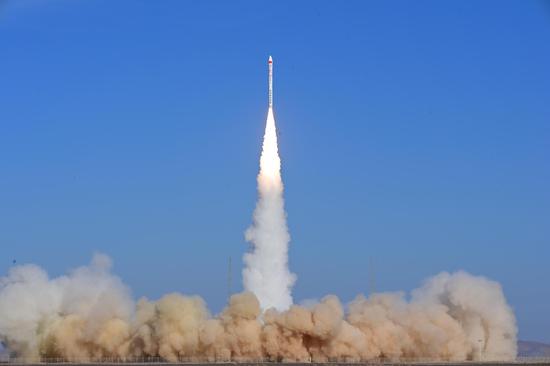
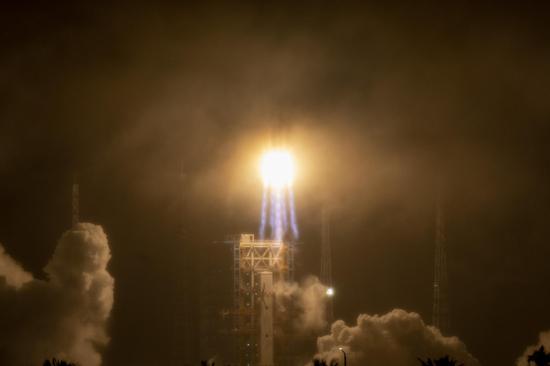
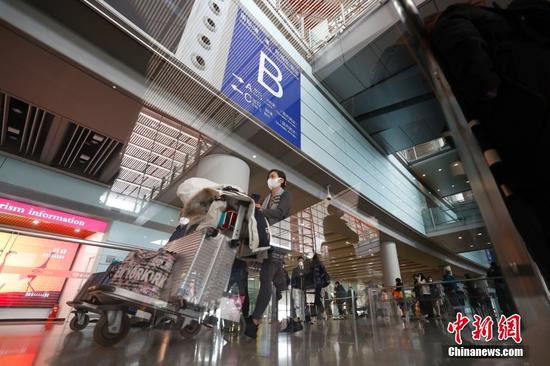

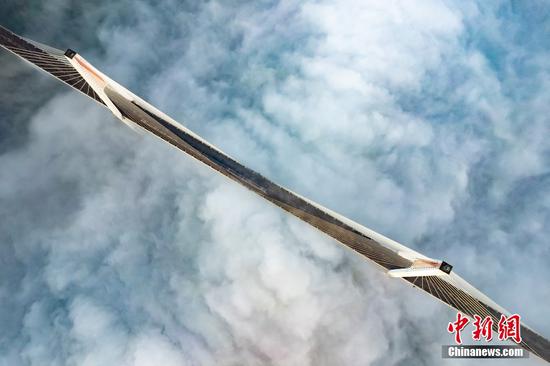
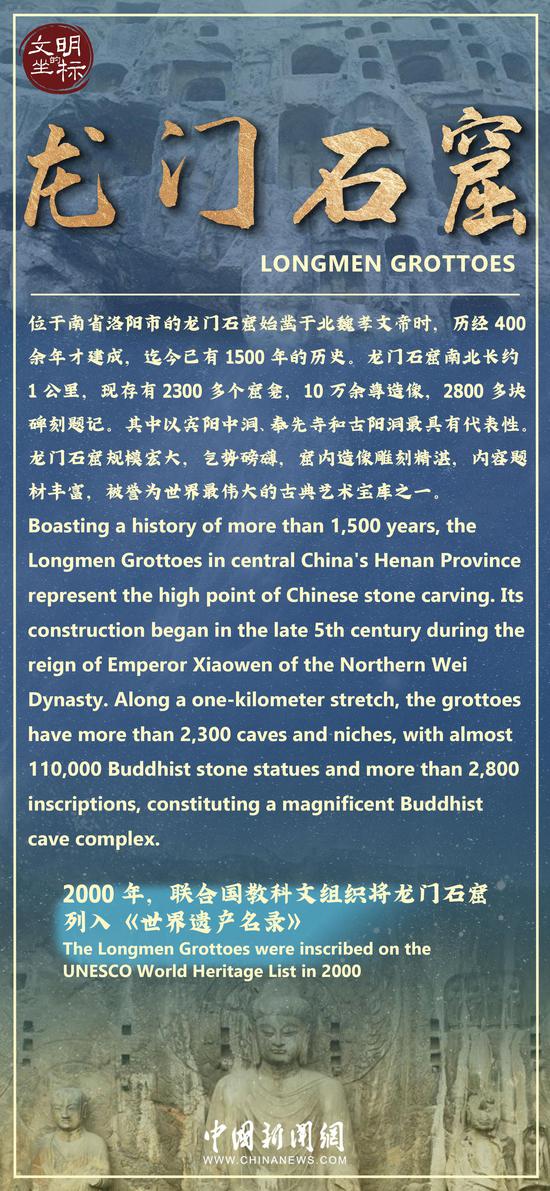
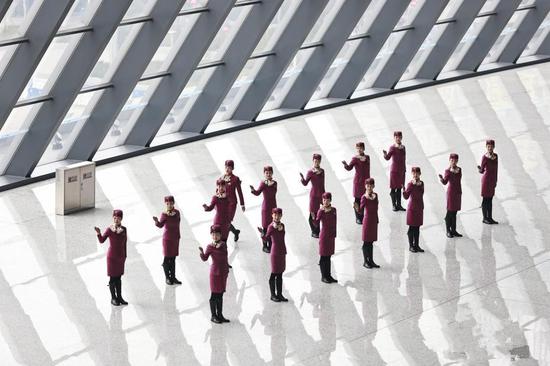
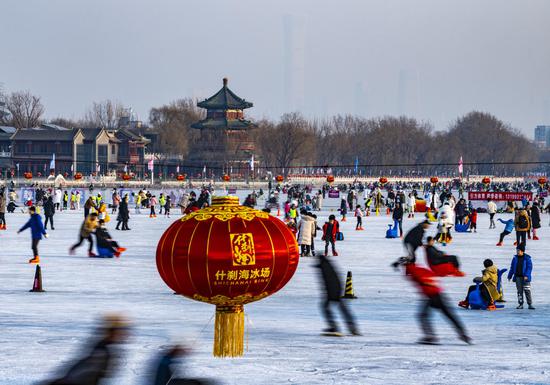
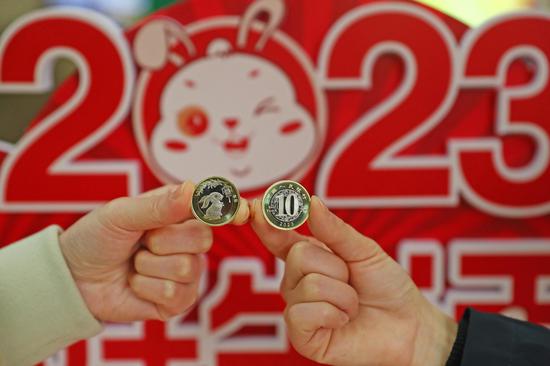
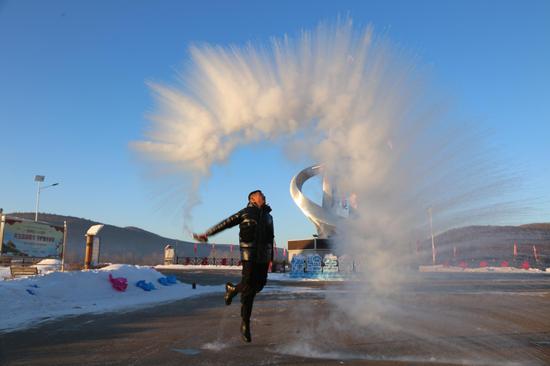
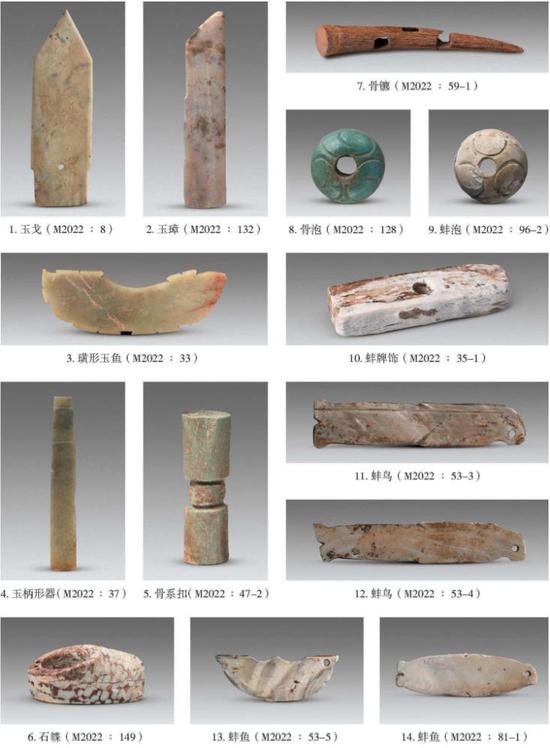


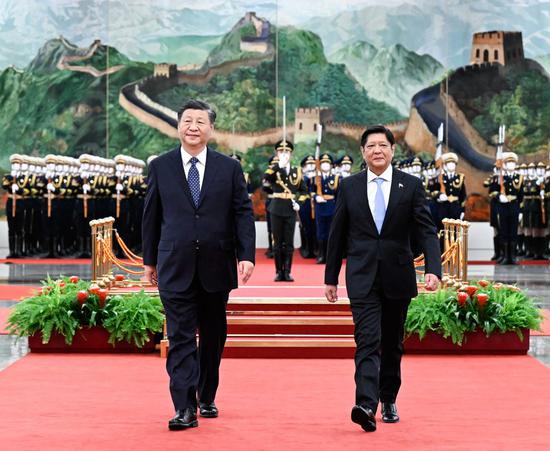
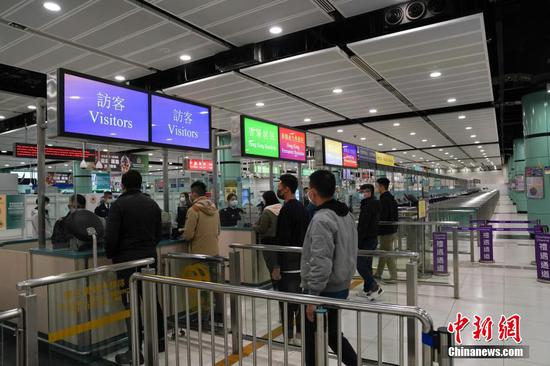
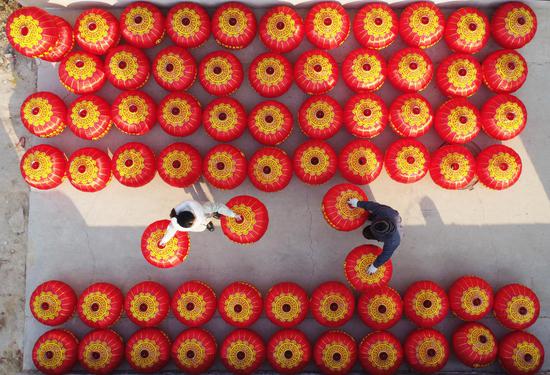
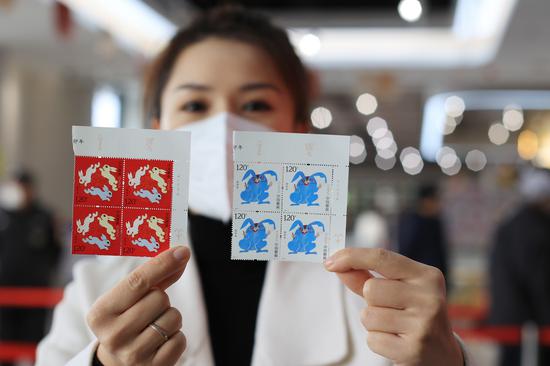
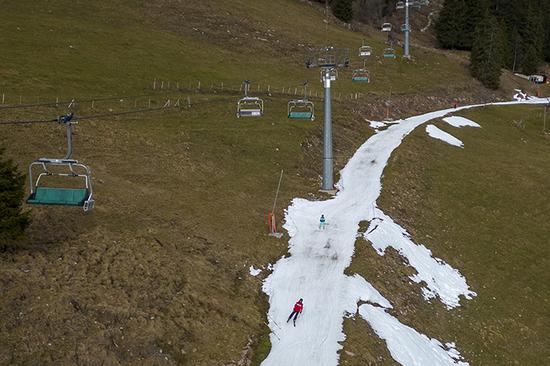
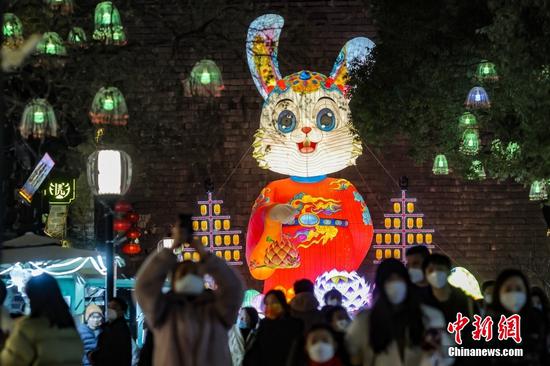
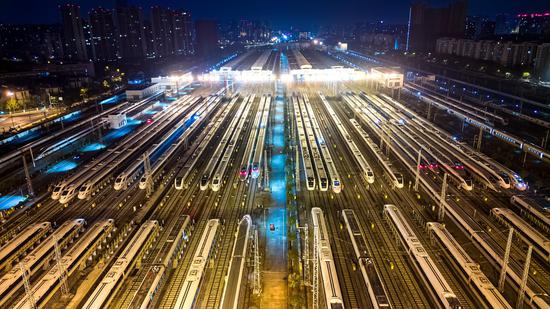
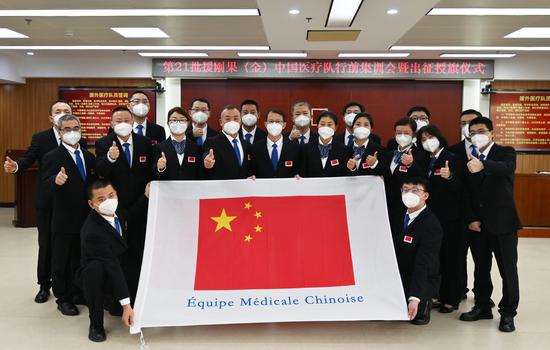
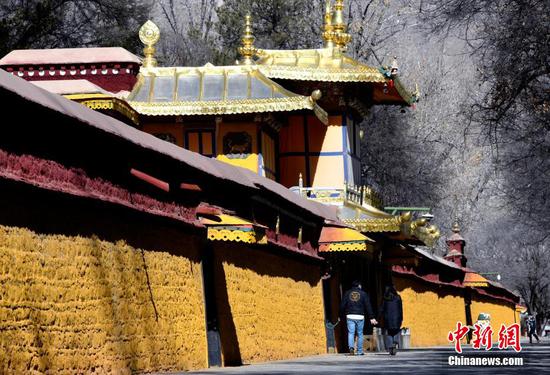
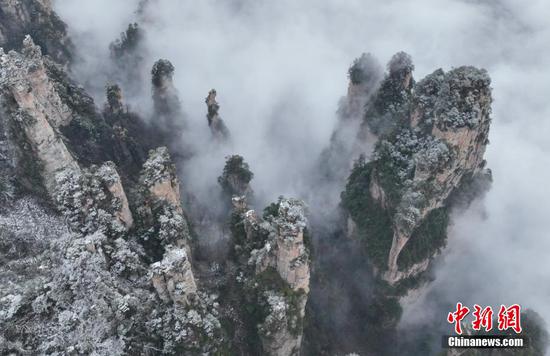
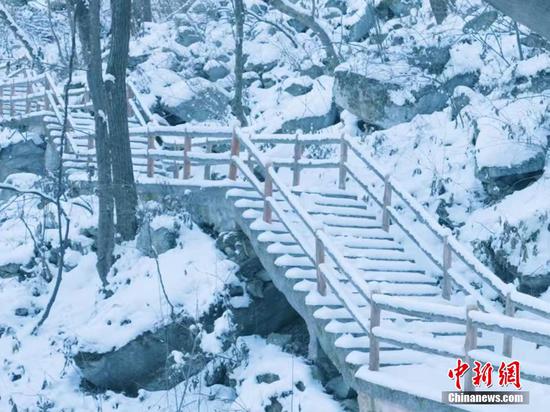
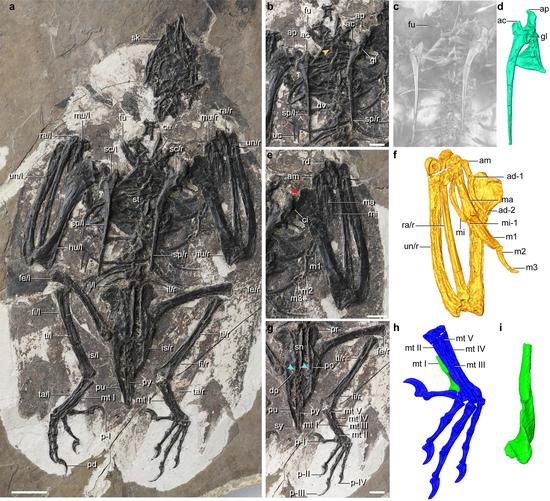
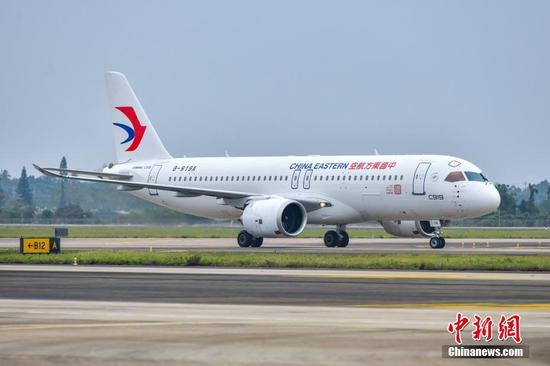


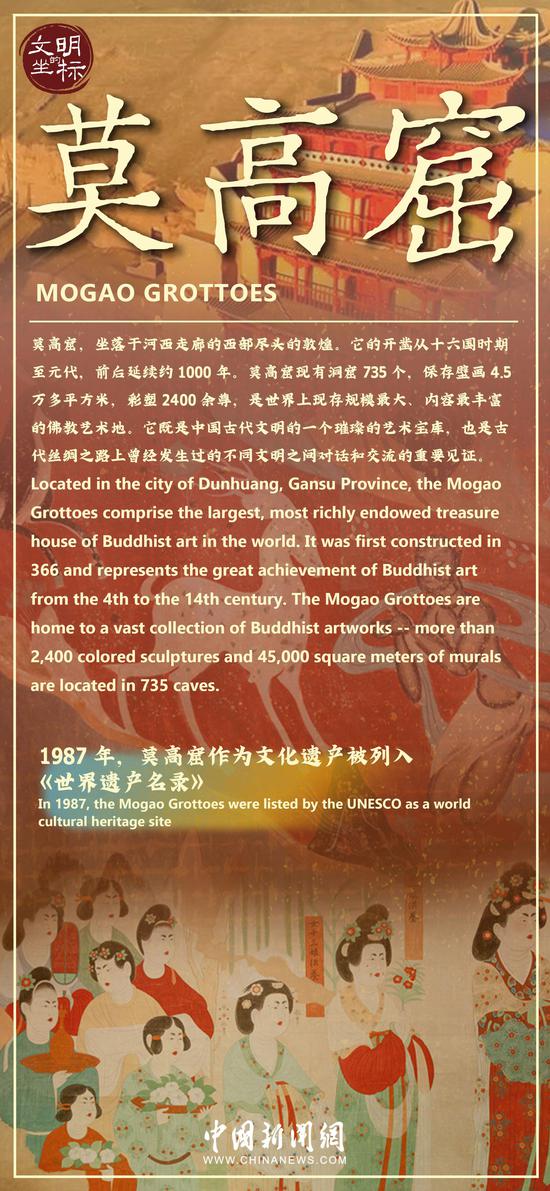
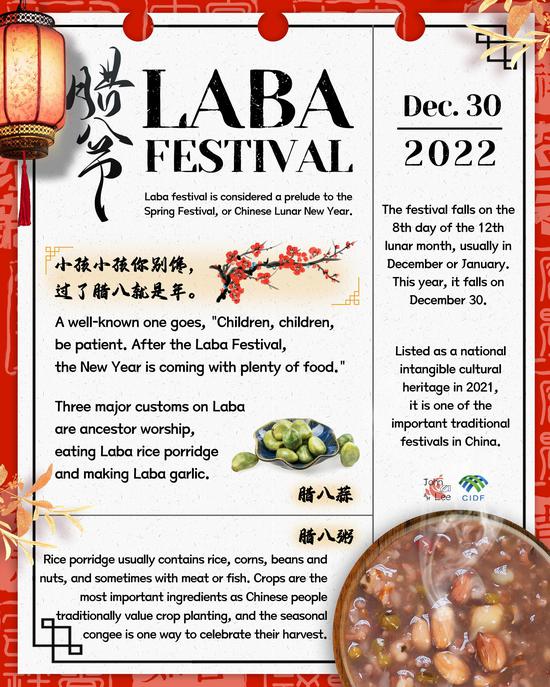
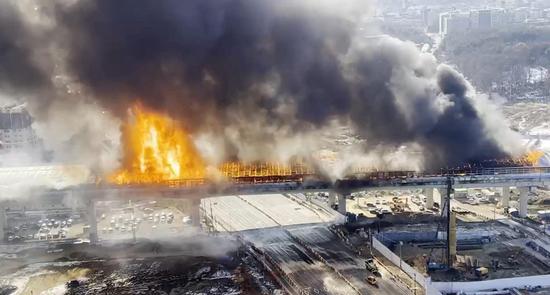
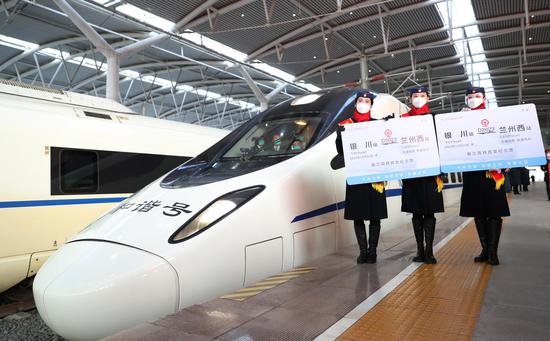



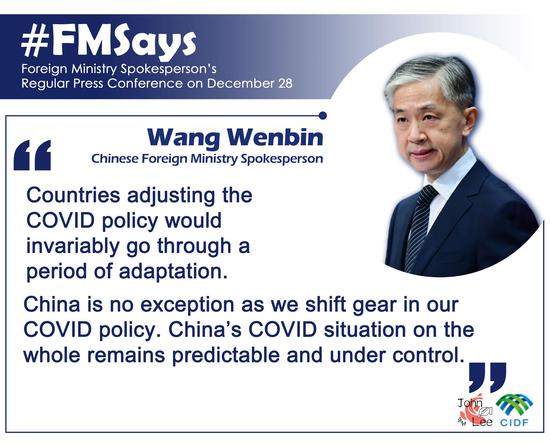

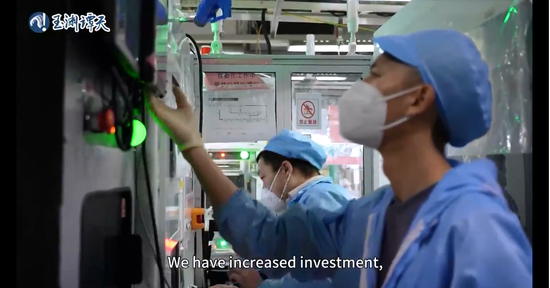



 京公网安备 11010202009201号
京公网安备 11010202009201号